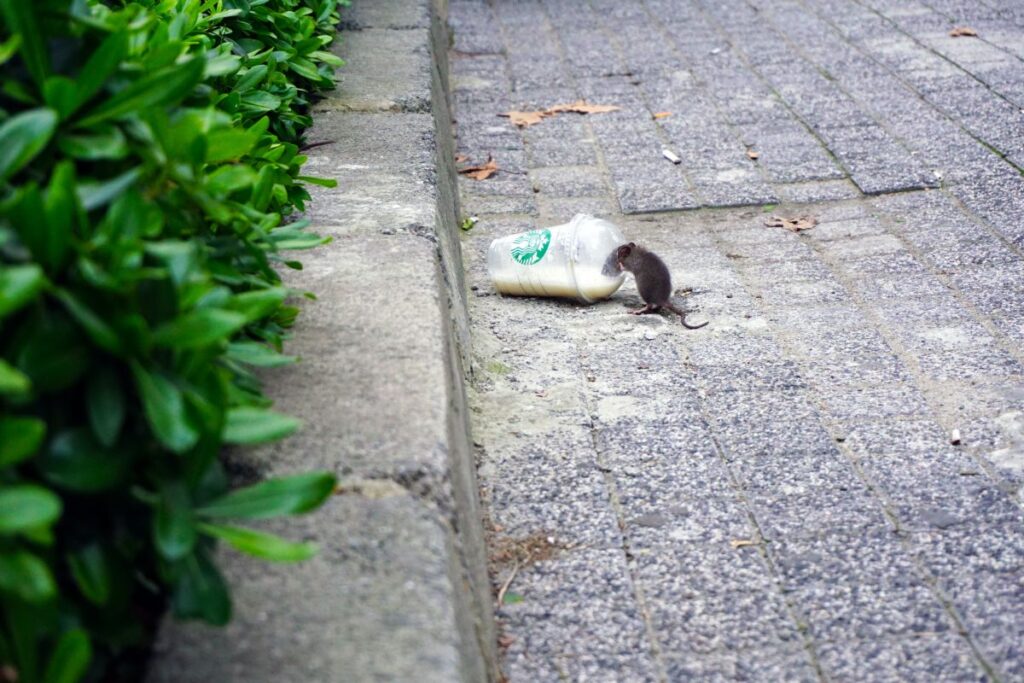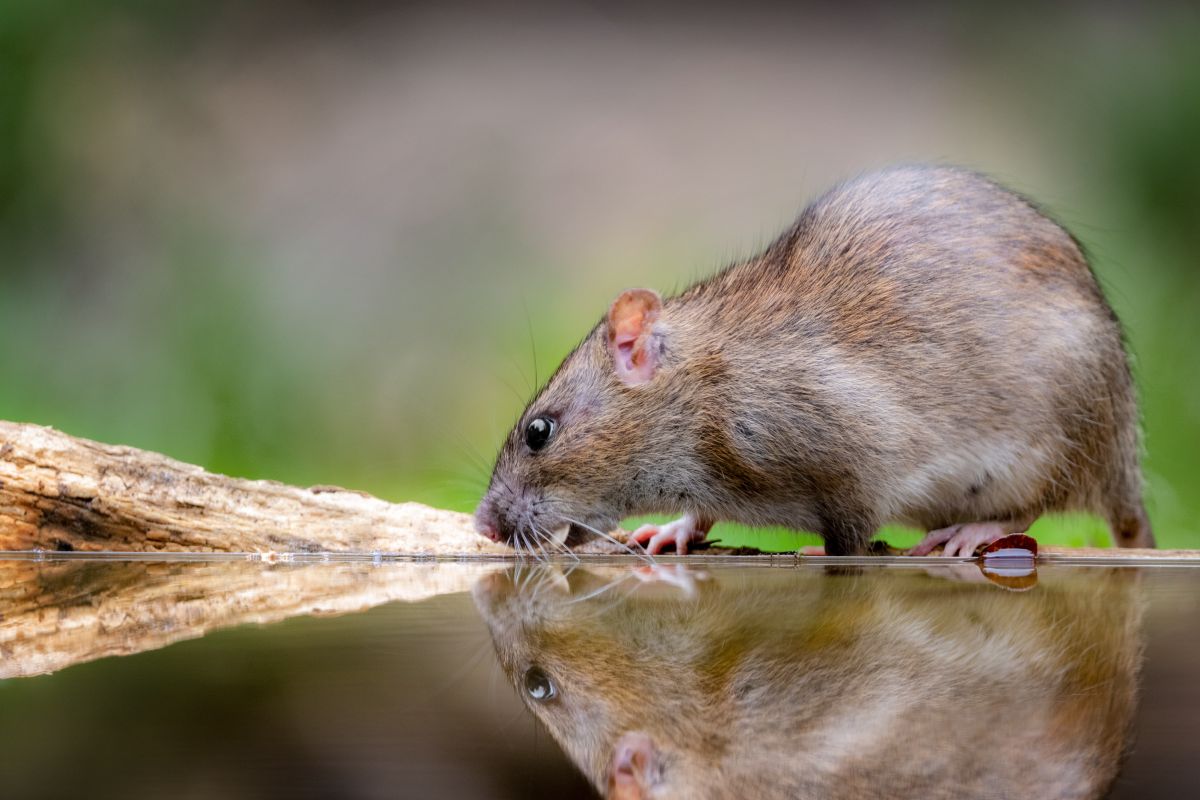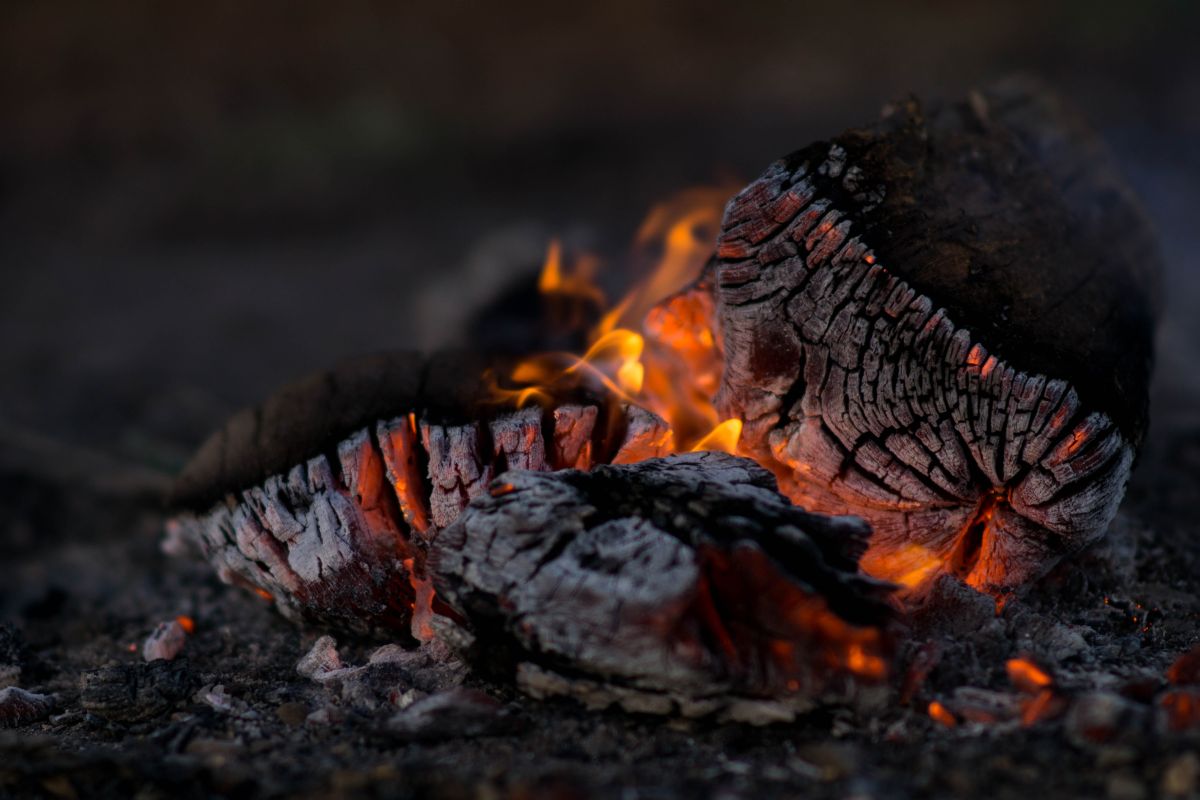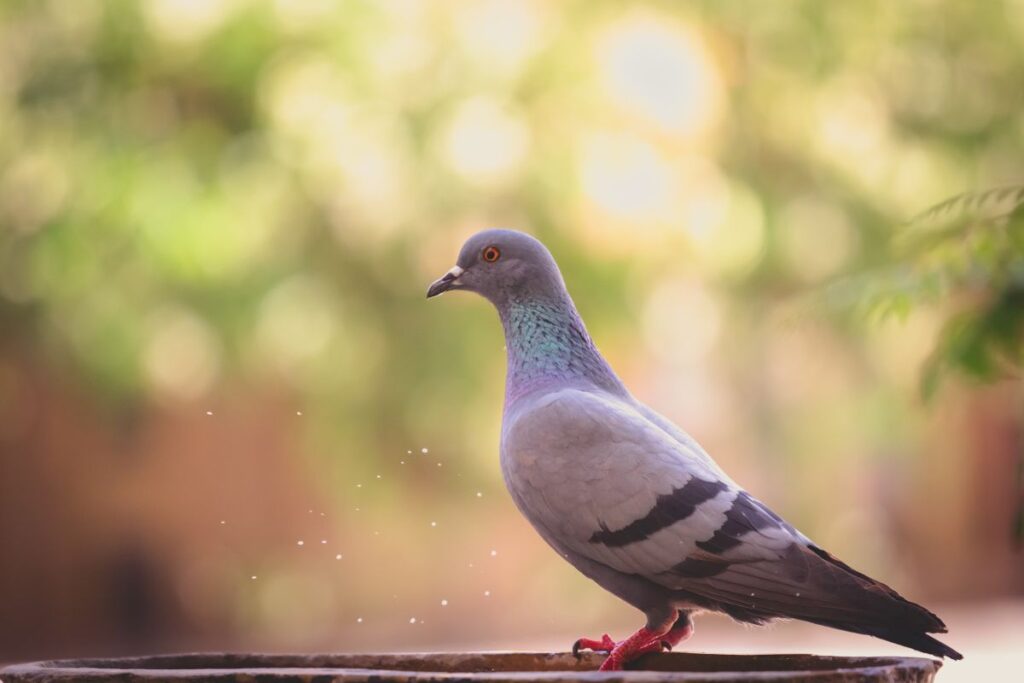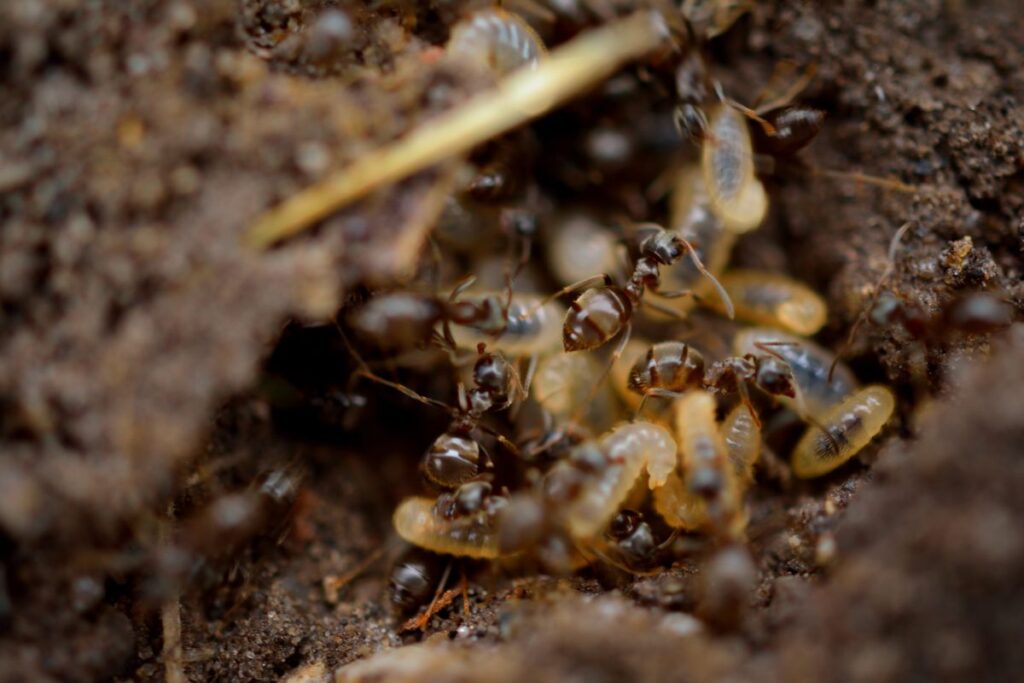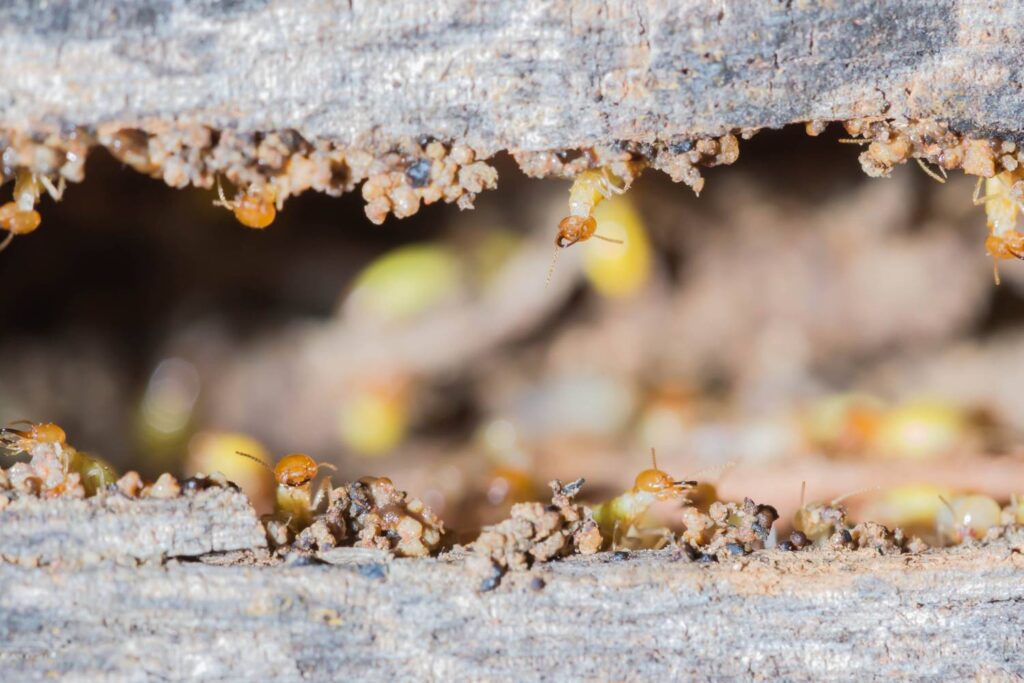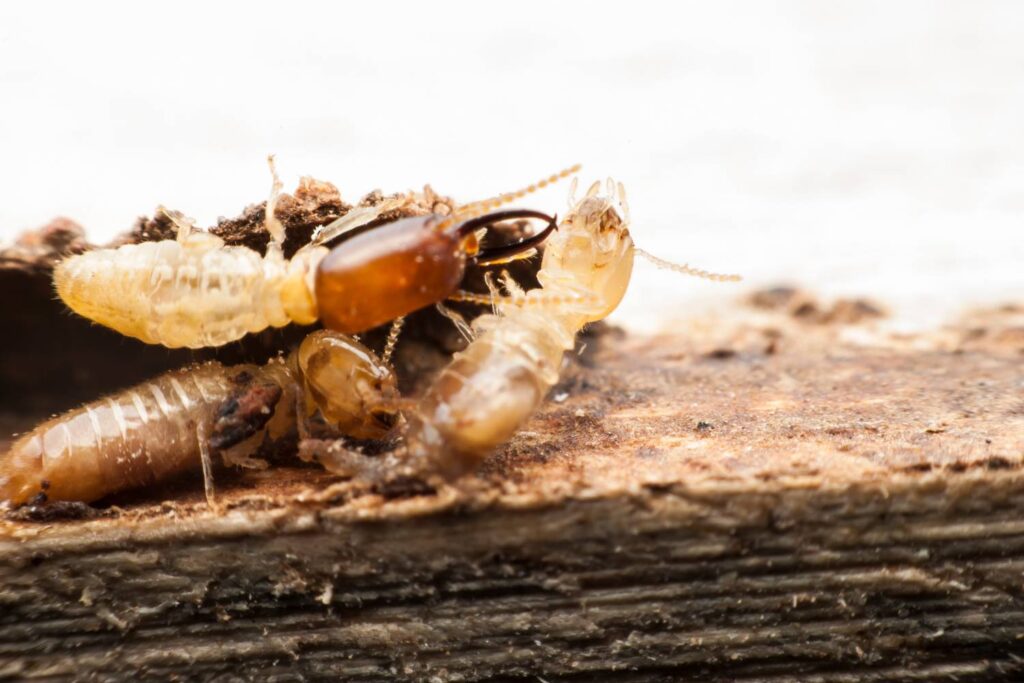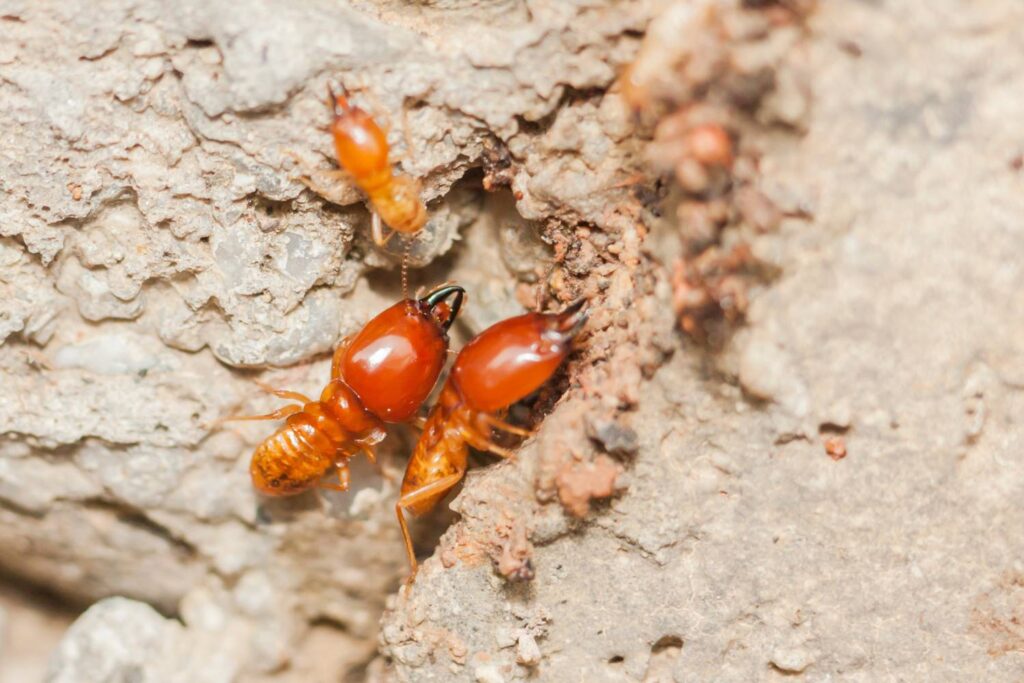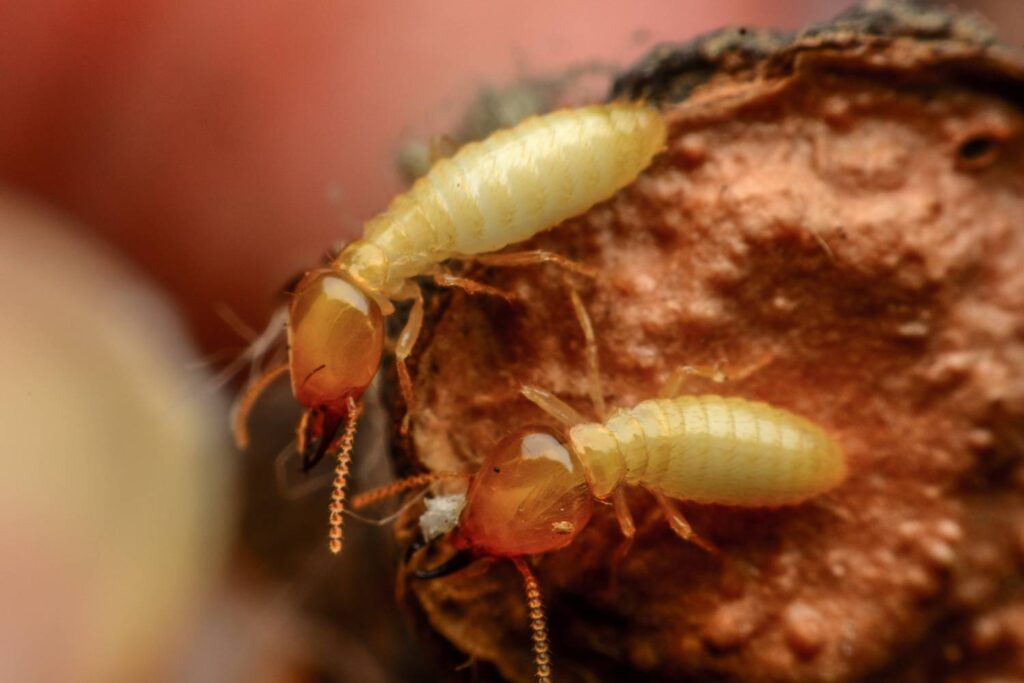A rotting rat can be a stressful and unpleasant problem to deal with. It doesn't take long for the putrid smell of a dead rat to permeate a whole building. This issue frequently arises when people find a dead rat in an unsuspected location, such as an attic, wall, or other concealed space. Decomposing rat odour has been linked to migraines, nausea, and difficulty breathing. In addition to worsening the problem, it can attract more pests and insects.
The problem can be fixed by quickly removing the dead rat and the smell it leaves behind. Finding the dead rat is the first order of business, and this might be difficult if it's been stashed away in a tight spot. Wearing gloves and using a plastic bag, trap the rat and remove it from the area. The rat must be disposed of humanely and in compliance with all applicable laws.
Once the rat has been removed, use a deodorizer or disinfectant to clean the area thoroughly. A solution of water and bleach can be used to disinfect the area. An odour remover might help with any lingering smells as well. To avoid health problems, good ventilation should be maintained during the procedure.
How to remove the stench of a dead rat is the topic of this blog post. We've laid down everything you'll need to know to get rid of the dead rat and its stench for good. Following these instructions, you can eliminate the foul odour and avoid any potential health problems. So, if a rotting rat is a problem, read on to learn some solutions.
How To Find A Dead Rat At Home?
Dead rats can spread disease, so if you find one in your home, get rid of it quickly. The stench may be offensive, but there's also the risk of health problems for you and your family members. If you suspect a dead rat in your house, follow these comprehensive instructions.
Follow Your Nose
If you smell a dead rat, the first thing to do is follow your nose. A foul stench from decaying rats can linger for days. Therefore, you should initially take a stroll around your house in an effort to locate the source of the odour. To help find the source of the odour, you should open windows or run fans.
Search Common Areas
Attics, basements, and crawl spaces are common places to find rats in a home. It would be best to start by looking for the dead rat in these places. Check for rat poop, chewed furniture or wiring, and scratch marks, among other telltale indicators of rodents. A dead rat might be more common in certain spots.
Look for Maggots and Flies
The appearance of flies and maggots is another telltale symptom of a dead rat. When a dead animal is around, flies will lay their eggs on the flesh. When these eggs develop into larvae, you'll know exactly where the dead rat is. If you suspect a dead rat is nearby, look for swarms of flies or maggots.
Use a Flashlight
Use a flashlight to look under beds, closets, and behind kitchen appliances if you can't find the dead rat in the light. Search carefully, since a dead rat may be hiding in an unexpected place.
Set Traps
If you still can't locate the deceased rodent, try placing traps in possible hiding spots. You might be able to find the dead rat's location if you capture a living one. Humane traps will catch the rat without harming it, but if you're uncomfortable with disposing of it personally, snap traps will do the trick.
Tips For Removing A Dead Rat From Your Home.
Dealing with a dead rat can be tough and unpleasant because rats can squeeze into the tiniest of cracks and other inaccessible parts of your home. It's not just unpleasant to look at or smell, but it can be not good for you and your loved ones, even your pets. However, eradicating it can be simple and fast if you follow the right steps.
The Proper Way to Dispose of the Body of Rats
There should be as little exposure to potentially dangerous bacteria and infections as possible during the disposal of the carcass. Therefore, follow these guidelines to dispose of the corpse properly:
Locate the Body
The first thing to do while trying to dispose of a body is to find it. Rat carcasses can be discovered anywhere in your home, including the attic, basement, garage, and walls. Your nose can be a useful tool in the search for the body. Finding a dead body shouldn't be hard because the smell is so potent and off-putting.
Use Safety Equipment
It is imperative to dress appropriately when working with a dead body. This will lessen the likelihood of someone getting sick from coming into contact with a dead animal. Working with deceased animals requires masks, gloves, and eyewear.
Dispose of the Body
Once the body has been located, it can be disposed of. Your choice of how to get rid of a dead rat will be influenced by personal preference and the location of the body.
- A dead rat can be easily disposed of by placing it in a plastic bag and then trashing the bag. Please put the dead rat in a plastic bag using gloves. Please make sure the bag is completely sealed before throwing it away. After you're done, give your hands a good scrub.
- You can use a shovel to remove the dead rat from your yard or driveway if the dead rat is outside. Don some protective gear and set the rat atop the shovel. Take it wherever it can be buried and bury it there. After using the shovel, make sure to clean it thoroughly.
- If you are uneasy about handling a rat, or if it is in an inconvenient location, you can always give a pest control service a call. They have the tools to trap and exterminate the rodent without causing any harm.
Get Rid of the Mess
It's crucial to completely clean the area after removing the rat. This will mitigate the risk to human health posed by the rodent. First, clean the area where the rat was seen with disinfectant and cloth. After you're done, you should definitely wash your hands.
How To Remove The Odour Of A Decomposing Mouse?
After food shopping, you enter the door to a foul smell. What could you have possibly thrown away that would cause such a stench? You reach the garbage bin and lean in for a whiff, but nothing is there. Suddenly, you find yourself puzzling over the source of a foul odour in the house.
You conclude that one of the mice you recently set traps must have been killed in the walls. The best way to mask the odour of a dead mouse. Get rid of the dead mouse, sanitise the area, open the windows, and only then should you call a pest control agency. Let's have a look at the possibilities and steps that follow.
What To Use To Clean?
Fortunately, several common household items can neutralise the stench left behind by a dead mouse. Take a look at the list below to see the options that are open to all homeowners. First, the dead rodent (mice or rats) must be removed using gloves and placed in two plastic bags.
After that, spray the affected region with one of the remedies listed below. The unpleasant odour of a dead rodent is much easier to get rid of after doing this. When you're done, make sure to clean your hands thoroughly.
Baking Soda
Sodium bicarbonate, can neutralise the stench of decaying rodents. When a rat dies, decomposition begins, and the resulting gases can linger in the air for weeks. Baking soda effectively eliminates odours by soaking up and neutralising them. Here's how to get rid of rat odour with baking soda:
- Track down the smell and eliminate it. The dead rat could be in an inaccessible place, such as a wall, and finding it may take some time.
- Wearing gloves, clean up the rat's remains. Everything from the corpse to the fur to the faeces is fair game.
- Sprinkle baking soda generously over the spot. Make sure you spray the entire vicinity where the rat was found.
- Overnight baking soda works best. The aroma takes time to absorb.
- Collect the baking soda with a vacuum cleaner and put it in a trash bag.
- If the odour persists, you should repeat the process.
Vinegar
One of vinegar's many uses is as a deodorizer. Like vinegar, which can attract gnats indoors, it can also absorb the odour of the dead rodent. Vinegar in various glasses placed strategically about the house can be helpful. When you're sure it's done the trick, open the windows to let in some fresh air.
Charcoal
If you use natural charcoal briquettes, the stench will disappear. This is because charcoal's carbon content means that any unpleasant odours in the air will be absorbed by the charcoal and held there.
Merchandise-Based Disinfectant
It's not the same stuff you'd use on ceramic tile that you'd use on hardwood flooring. Buying the right product is crucial here. Before applying a commercial product to your floors or walls, read all the warning labels.
Bleach
Bleach may kill microorganisms and disinfect the dirty area. All required is a solution of 10 parts water to 1 part bleach, which can be used to wipe out the location where the deceased rodent was discovered.
Preventing Future Infestations
Infestations of cockroaches are a major annoyance in any dwelling. They are drawn to the remnants of food and moisture and can enter through the tiniest openings in your home's walls, floors, and windows. Preventing more infestations is essential.
Keeping your house clean is vital in avoiding a cockroach invasion. Important actions include:
- Sweeping or vacuuming frequently.
- Wiping down surfaces after meals.
- Avoiding overnight dishwashing.
It is also important to keep food in airtight containers and remove it off countertops and tables to reduce the likelihood of attracting cockroaches. Cockroaches are like damp places, so it's crucial to fix any leaks you find. Repairing dripping appliances and fixtures is part of this. In addition, cockroaches can be kept out of your home by filling holes and gaps with caulk or weather stripping.
Cockroach populations can be managed with the help of insecticides, baits, and traps. In particular, it can be helpful to treat places where they like to hide, such as in cupboards and behind sinks.
Last, you may deter outside cockroach populations from entering your home by keeping your yard clean and debris-free. If you follow these instructions, you should be able to maintain your home pest-free and prevent further cockroach infestations.
Conclusion
The stench of decaying rats is not only unpleasant, but it can also trigger headaches, nausea, and respiratory problems. Find the dead rat and take it outside; that should do the trick.
Cleaning the area with a deodorizer or disinfectant and keeping the ventilation high is essential. Cleaning up after a dead rat is the topic of this blog post. If you're looking for a dead rat, try these methods: Check for droppings, signs of chewing or scratching, and damage to furniture or wiring in shared areas by following your nose.
Use a flashlight, place traps, check for maggots and flies, and then properly dispose of the body. Locate the body, utilise safety gear, dress appropriately, and then dispose of the corpse in a suitable manner. It's crucial to get rid of the dead rat's odour as soon as possible because it can spread disease.
Content Summary
- The putrid smell of a decomposing rat can quickly permeate a building.
- Decomposing rat odor is linked to migraines, nausea, and difficulty breathing.
- Removing the dead rat and its smell is essential to avoid attracting more pests and insects.
- Finding the dead rat may be difficult if it's hidden in a tight spot.
- Wearing gloves and using a plastic bag, trap and remove the dead rat.
- Dispose of the rat humanely and in compliance with applicable laws.
- Use a deodorizer or disinfectant to thoroughly clean the area after removing the rat.
- Good ventilation should be maintained during the cleaning process.
- Follow your nose to locate the source of the dead rat odor.
- Open windows or run fans to help find the source of the odor.
- Check common areas like attics, basements, and crawl spaces for dead rats.
- Look for signs such as rat poop, chewed furniture or wiring, and scratch marks.
- Flies and maggots can indicate the presence of a dead rat nearby.
- Use a flashlight to search in dark and hidden areas for the dead rat.
- Place traps in possible hiding spots if the dead rat can't be found.
- Properly dispose of the dead rat using gloves and sealing it in a plastic bag.
- Use a shovel to remove a dead rat from the yard or driveway.
- Consider calling a pest control service if handling the rat is uncomfortable.
- Clean the area thoroughly after removing the rat to mitigate health risks.
- Baking soda can help neutralize the odor of a decomposing rodent.
- Vinegar can also be used as a deodorizer to absorb the dead rodent odor.
- Charcoal can absorb unpleasant odors, including those from dead rodents.
- Use the appropriate disinfectant based on the surface you're cleaning.
- Bleach can be used to disinfect the area where the dead rodent was found.
- Sweeping or vacuuming frequently helps prevent cockroach infestations.
- Wipe down surfaces after meals to avoid attracting cockroaches.
- Store food in airtight containers and remove it from countertops and tables.
- Fix leaks to eliminate damp areas where cockroaches thrive.
- Use insecticides, baits, and traps to manage cockroach populations.
- Keep your yard clean and free of debris to deter outside cockroach populations.
Frequently Asked Questions About The Odour Of A Decomposing Rat
The smell of a dead rat can be harmful to a person's health due to the toxic gases and microscopic compounds of the dead animal that are constantly being released into the indoor air. Since most homes are not consistently ventilated, the gases permeate into the respiratory tract and can potentially cause illness.
The smell of a dead animal can be neutralized by following these steps:
- Locate the source of the odor. This can be done by following the smell and searching for the animal's body.
- Put on gloves and remove any visible remains of the animal. This could include the body, fur, and droppings.
- Liberally sprinkle baking soda over the affected area. Baking soda is a natural odor neutralizer and will absorb the odor.
- Leave the baking soda in place for several hours or overnight. This will give it time to absorb the odor.
- Vacuum up the baking soda and dispose of it in a sealed bag.
- If the smell persists, use an enzyme cleaner. Enzyme cleaners break down the organic matter that causes the odor.
- Allow the area to air out. Open windows and use fans to circulate fresh air through the space.
- Use an odor neutralizing spray. There are commercial odor neutralizing sprays available that can help to eliminate lingering odors.
If the smell continues to persist after following these steps, it may be necessary to call a professional cleaning or odor removal service.
Breathing in a foul odor from dead animals may cause some health problems, depending on various factors such as the type of animal, the duration of exposure, and the individual's susceptibility to respiratory issues.
Decaying animal matter releases various gases and toxins such as ammonia, sulfur dioxide, and methane, which can cause respiratory irritation, headaches, nausea, and dizziness. In addition, the odor may attract disease-carrying insects and vermin, which can increase the risk of infection.
If you have been exposed to a strong odor from a dead animal for an extended period, or if you experience symptoms such as difficulty breathing, coughing, or chest tightness, it is advisable to seek medical attention. In general, it is best to avoid prolonged exposure to the smell of decomposing animals and to take appropriate safety precautions when handling or disposing of dead animals.
Dead rats can attract other rats. Rats are scavengers and will eat almost anything, including the carcasses of other rats. The smell of a dead rat can also signal to other rats that there is a food source nearby, leading them to investigate and potentially feed on the remains.
In addition to attracting other rats, leaving a dead rat to decompose can also create an unsanitary and potentially hazardous environment. Decaying organic matter can attract flies, maggots, and other pests that can spread disease and produce a foul odor.
If you discover a dead rat, it is important to properly dispose of the carcass and thoroughly clean the surrounding area to prevent the attraction of other rodents and the spread of disease. It is also important to identify and address any underlying pest control issues to prevent future infestations.
Regardless of whether it's a rat or mouse, squirrel or opossum, there's no formula for calculating how long the smell of a dead animal will last. It may take days or weeks for the carcass to dry out and the odor to naturally and completely disappear.

